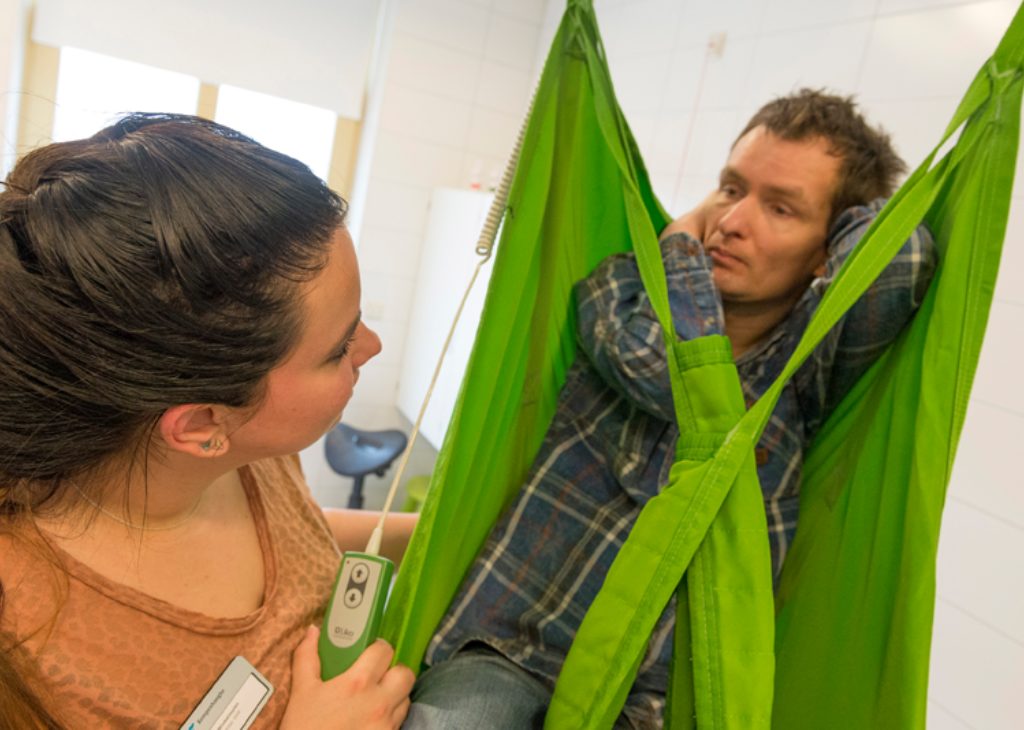Complex epilepsy and an impactful impairment: What does this mean?
Epilepsy occurs in approximately one in fifty people. From the ‘normally gifted’ population, a little less than one per cent has epilepsy. In appr. one third of the patients this epilepsy is complex. Often, there are additional limitations. Epilepsy occurs relatively often in people with an intellectual disability. Over thirty per cent of this group has epilepsy.
Epilepsy can influence behavior and other conditions, or it can result in impairments. Epileptic seizures in people with an intellectual disability are often hard to control.
Living independently with epilepsy can be a major challenge. Sometimes even in an institution for the disabled. When epilepsy considerably complicates living, residing and care, 24-hour care in a specialized center may be required.

Interaction epilepsy, impairment and behavior
Epilepsy in people with an (intellectual) disability is often hard to treat because the disability makes it hard to determine the effect of treatment and side effects. Often, people with a disability use various medications and, on top of that, require multiple anti-epilepsy drugs. In the case of a intellectual disability, people often cannot clearly indicate what troubles them. This, in turn, influences their behavior.
A change in behavior can also be a side effect of the (combination of) anti-epilepsy drugs, or a response to the side effects. Moreover, medication for behavioral problems can result in epileptic seizures. It is often a quest to find the right combination of drugs for someone with epilepsy and additional or related disabilities.

Residential epilepsy care
A center such as Kempenhaeghe has at its disposal much expertise on the combination of epilepsy and additional or related disabilities. The specialized setting of epilepsy residential care offers tailormade care. There is ample room for the influence of epilepsy on how someone functions in daily life, his behavior or mood.
The wellbeing of our clients always comes first. We have all the facilities needed to establish and follow the coherence between the epilepsy, the (intellectual) disability and additional, often complex problems. It goes without saying we can always fall back on the neurologists of the Academic Center for Epileptology and the Center for Sleep Medicine.
Research and cooperation
Even though much has been researched, the field of mentally handicapped patients with epilepsy is to a large extent virgin territory. In particular, there is a gap in scientific research into living and residing.
The Center for Residential Epilepsy Care in Kempenhaeghe is committed to contributing to the further improvement of care for people with a (mental) disability and epilepsy through scientific research and the transfer of knowledge. The Center also involves other parties. Research results are translated directly and implemented in the daily care provided.